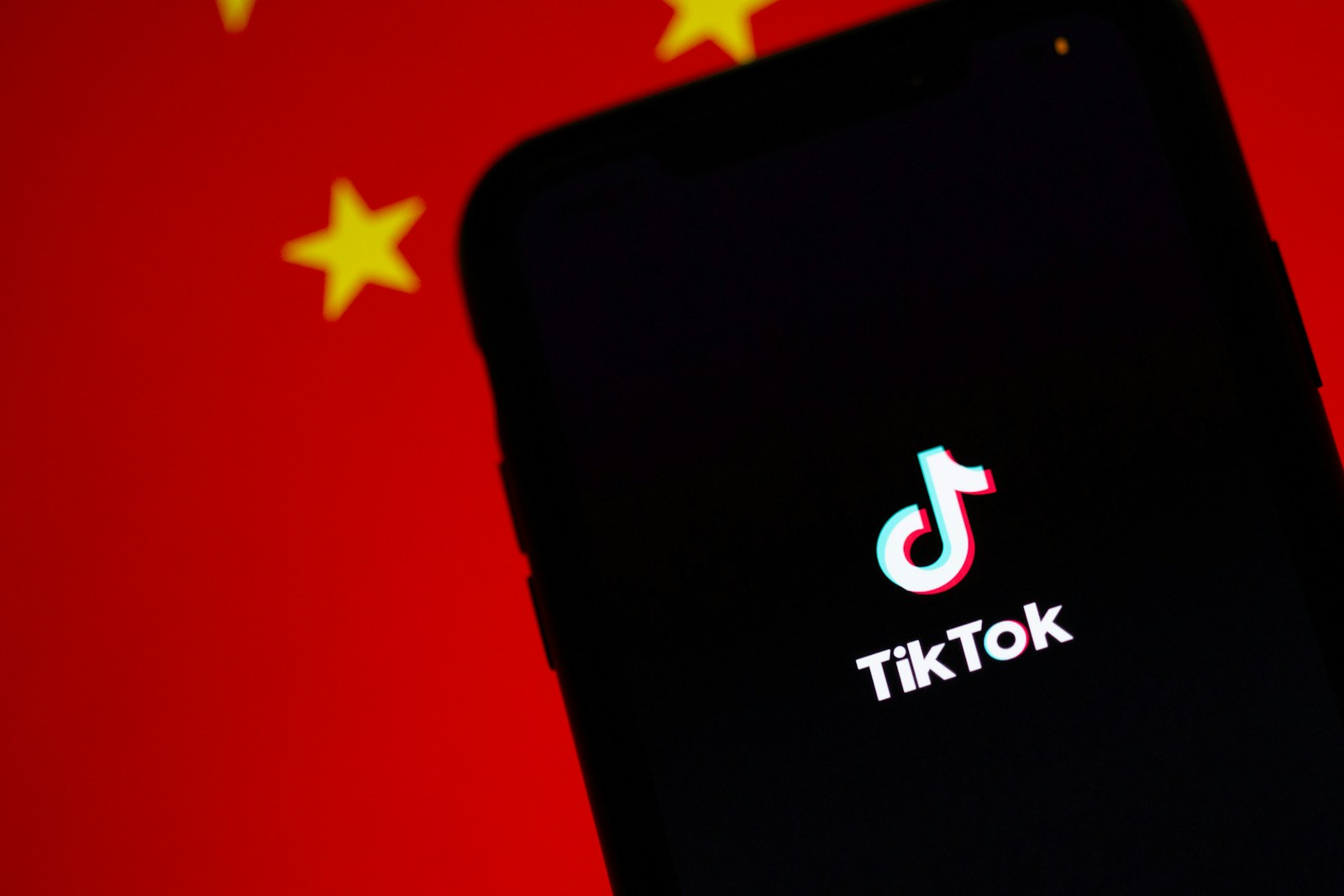TikTok’s future in the U.S. is uncertain as President-elect Donald Trump addresses national security concerns related to the app. So far he has given the company 75-days to come into compliance with the law passed by congress last year, but nobody knows what exactly will come of this. The situation highlights issues of digital diplomacy, free speech, and corporate governance that affect millions of Americans. A temporary restoration of service offers some relief, but ongoing negotiations between TikTok and U.S. policymakers are critical.
The executive order from Trump and 75-day extension for TikTok’s operations serve as tests for cross-border tech partnerships amid scrutiny. The outcome of ByteDance’s negotiations with American investors could significantly influence global tech companies facing similar national security issues.
What TikTok’s Future in the U.S. Could Look Like
Background on the TikTok Ban
The Trump administration has repeatedly expressed concerns over TikTok’s ties to ByteDance, its China-based parent company. The primary issue revolves around data security, with fears that user information could be accessed by the Chinese government. Initially, the administration planned to ban TikTok outright, but the recent 75-day extension gives ByteDance time to negotiate the sale of 50% of TikTok’s U.S. operations to American companies.
Proposed 50% U.S. Ownership
The 50% ownership plan would allow TikTok to continue operating in the U.S. while reducing concerns about data misuse. The deal would involve major American investors stepping in to purchase a stake in the company. This structure could also create a partnership between ByteDance and U.S. firms, ensuring oversight and compliance with American laws.
Key Points of the Executive Order
President Trump’s executive order not only delays the ban but also outlines specific expectations for ByteDance and its potential U.S. investors. Here are the major aspects of the order:
| Requirement | Details |
|---|---|
| Delay Period | 75 days starting from the original ban date. |
| U.S. Stake | 50% of TikTok’s U.S. operations must be owned by American companies. |
| Data Security | TikTok must establish measures to protect U.S. user data from foreign access. |
| Oversight | Regular audits by U.S. authorities to ensure compliance. |
Potential U.S. Investors
Reports suggest that several American companies are interested in acquiring a stake in TikTok. Major names include Microsoft, Oracle, and Walmart. These firms could bring resources and infrastructure to strengthen TikTok’s U.S. operations while aligning the platform with local regulations.
Legal and Political Challenges
While the 75-day delay offers some breathing room, it doesn’t eliminate uncertainty. Legal experts have questioned the enforceability of the executive order. Additionally, the potential deal faces political hurdles, with lawmakers divided over whether the proposed measures are sufficient to address national security concerns.
The Broader Impact
The situation with TikTok highlights broader concerns about foreign-owned technology companies operating in the U.S. It raises questions about how governments should balance economic interests with national security. The resolution of this case could set a precedent for how similar issues are handled in the future.
Short Summary:
- Trump’s intervention has led TikTok to begin restoring its services following a temporary blackout.
- The company attributes its restoration to Trump’s assurance, promising no penalties for service providers.
- Concerns remain about TikTok’s ties to China and potential implications for data privacy and national security.
TikTok’s future is uncertain after its temporary shutdown in the U.S., prompting the company to announce it is restoring service following President Trump’s intervention. The app, popular among over 170 million Americans and 7 million small businesses, faced criticism for its data practices linked to its Chinese owner, ByteDance. As tensions grow between foreign tech firms and the U.S. government, users experienced access issues amid legal challenges and inquiries into the app’s national security implications.
The Context of TikTok’s Challenges
On January 19, TikTok experienced a widespread outage, immediately following the enactment of a law that threatens to ban the app unless it severs ties with its Chinese parent company. Users reported receiving pop-ups indicating that the app was unavailable due to the new law, leaving many feeling disillusioned. TikTok reassured its users that it was “fortunate” to have President Trump’s backing in paving a path toward a potential resolution for the app’s U.S. operations. “It’s a strong stand for the First Amendment and against arbitrary censorship,” they stated.
Trump, who once sought to ban the app during his presidency in 2020, has now taken a different approach. Following discussions with American investors and recognizing TikTok’s influence during his 2024 campaign, Trump indicated he would issue an executive order designed to extend the time before the law’s prohibitions take effect. “I will issue an executive order on Monday to extend the period of time before the law’s prohibitions take effect, so that we can make a deal to protect our national security,” he posted on Truth Social. His proposed plan looks to allow for a joint venture where the U.S. retains a 50% stake in TikTok.
The Reactions of Political Figures
Despite Trump’s attempts to negotiate a solution, not all of his fellow Republicans agree with his approach. Senators Tom Cotton and Pete Ricketts released a joint statement asserting that there is “no legal basis for any kind of ‘extension’ of its effective date.” They emphasize the legislative requirement for TikTok to comply with the divestiture demands set forth by the law that the agreement must comply with, allowing the app to remain functional in the United States.
“It’s not the platform that members of Congress are concerned about — it’s the Chinese Communist Party and their manipulation of the algorithms,” said House Speaker Mike Johnson.
The ongoing struggle between ensuring national security and protecting citizens’ free speech rights presents challenging dilemmas for lawmakers and industry stakeholders alike. Criticism has been leveled at TikTok, with claims that the app manipulates content to deliver harmful messages to American youth.
The Legal and Economic Implications
The case underscores complex legal and regulatory issues stemming from national security concerns over foreign influence. Previous rulings from the Supreme Court have sided against TikTok’s attempts to block the ban, leaving the app vulnerable to legal challenges. In early December, the U.S. Court of Appeals for the District of Columbia Circuit ruled in favor of the Biden administration, asserting that the national security risks presented by TikTok were significant enough to uphold the law. Similarly, retired Admiral Mark Montgomery, a senior director at the Center on Cyber and Technology Innovation, has stated that TikTok facilitates foreign manipulation of public discourse, further complicating its future in the U.S.
User Sentiments and Business Impact
The sudden loss of access to TikTok sent shockwaves through its user base, drawing concerns from users who utilize the app heavily for socializing, entertainment, and marketing. TikTok has established itself as a cultural staple, especially among younger demographics. As a result, many users took to alternative platforms to voice their dismay. “I didn’t really think that they would cut off TikTok. Now I’m sad and I miss the friends I made there,” one user lamented.
With the app’s potential shutdown on the horizon, alternatives such as Meta and Snap reported surges in activity, anticipating an influx of users migrating from TikTok. Marketing professionals, many of whom have come to rely on TikTok for their client outreach, expressed urgent concerns as they scrambled to adjust to the worsening situation. “This is a ‘hair on fire’ moment,” stated one executive, reflecting on the need for immediate contingency plans.
The Road Forward: Continuing Negotiations
While TikTok’s future in the United States remains uncertain, the company’s commitment to working toward a favorable resolution under Trump’s leadership has opened doors for negotiations. TikTok’s CEO, Shou Zi Chew, who expressed gratitude toward Trump’s administration for its support, attended the inauguration and rally, reinforcing an ongoing relationship with the incoming president.
“We are grateful to have the support of a president who understands our platform,” Chew stated, emphasizing TikTok’s role in driving engagement and outreach.
Nevertheless, should negotiations falter or not yield the desired outcomes, the potential absence of TikTok from American digital spaces could have long-lasting implications. Analysts speculate about alternative buyers looking to gain control of TikTok’s operations, such as tech startups and current investors, which may lead to shifts in ownership but could potentially maintain the platform’s functionality.







